Creating new, impactful content for LinkedIn is not easy—even in the age of AI. Instead of constantly pulling ideas out of a hat, look at the ideas already out there and mirror them.
In this article, we’ll look at the ins and outs of repurposing B2B content on LinkedIn.
8 Reasons to Repurpose Content on LinkedIn
Apart from running out of inspiration, there are plenty of reasons to start content repurposing. It’s not just about stretching your content; it’s about maximizing its impact.
Here’s why it works.
1. Content Repurposing Maximizes Content Value
Repurposing allows you to extract more value from your existing resources. For B2B companies, where the content often involves deeper insights and data, transforming a single piece of content into various formats can cater to different learning styles and preferences. Your content speaks to a broader audience, which will increase the ROI of each piece.
2. Content Repurposing Reinforces Messaging Consistency
Consistency in messaging helps reinforce your brand’s authority—but many are afraid to be repetitive. By repurposing, not repeating, content on LinkedIn, you strengthen your key messages across different formats without having to create new content from scratch.
3. Content Repurposing Plays into LinkedIn’s Strengths
LinkedIn is a great platform for sharing long-form articles, professional insights, and industry discussions, in a variety of content formats. By posting content more regularly, you can increase your engagement as signals to LinkedIn that you’re an active user.
4. Content Variety Increases Engagement

It’s great to be consistent in posting a blog a week on LinkedIn, but it won’t make you stand out. Switch it up and surprise your audience with something new to keep engagement up. For instance, LinkedIn suggests posting 2-3 times a week, which can be overwhelming without ideas. Turn a blog into a video or a carousel. It doesn’t change the message, but it shows a different format, which could be exactly what your audience wants to consume that day.
5. Repurposed Content Can Boost Search Visibility
LinkedIn content has started showing up in SERPs (search engine results pages), especially for professional topics and B2B queries. By repurposing content on LinkedIn, you increase your chances of ranking in those search results without having to pull any SEO tricks.
Related: How the Juicer Social Media Tool Can Improve Your SEO Performance
6. Content Repurposing Extends the Shelf Life of Your Content
All content has a lifecycle, but repurposing can significantly extend it. Content that might not draw attention to your blog or email newsletters can find new life with LinkedIn marketing.
7. Content Repurposing Helps You Make Use of Resources
Constantly creating high-quality content requires time, effort, and resources. Repurposing content for LinkedIn allows you to get more return on your initial investment. With quick adaptations or simple updates, you reduce the need for new content. Now you can use that time to further engage with your audience or build an online community.
8. Content Repurposing Enables You to Reach New Audiences

As your LinkedIn network grows, new connections may not have seen your earlier content. Either they missed it, or they were not engaged by the initial format. Repurposing means you can reintroduce those ideas and insights to new audience members in a refreshing way.
5 Steps on How to Repurpose Content
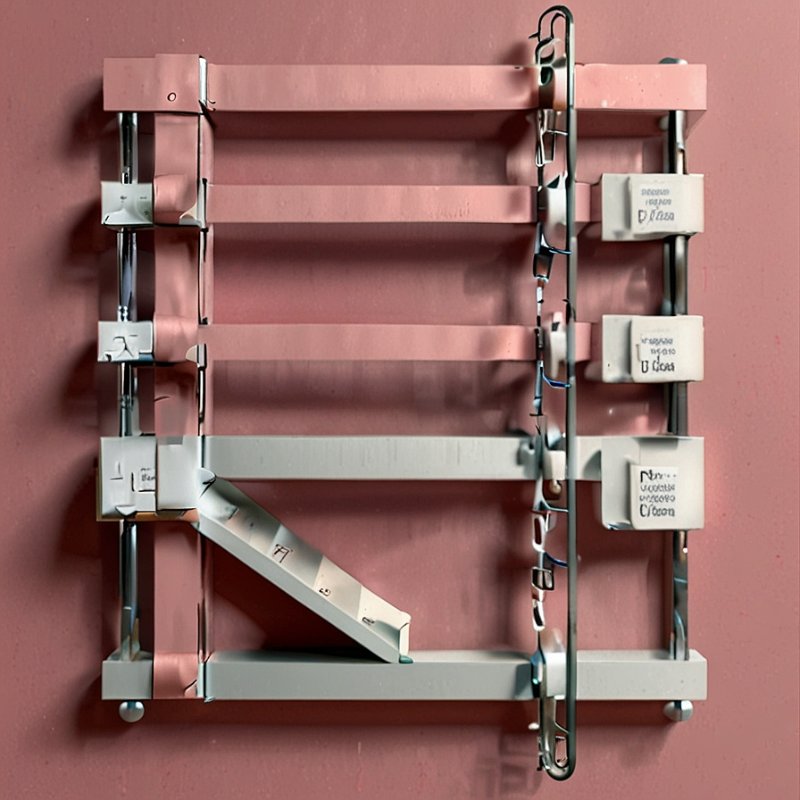
Now, it’s not just a matter of picking out a couple of quotes from a blog or webinar and letting Canva do its thing. You want to repurpose the best of the best and explore which formats work well for this new piece. Here’s how you effectively repurpose the right content:
Step 1: Audit Existing Content
Begin by reviewing your existing content on LinkedIn and other platforms. Go back quite a bit because there can be some nuggets of wisdom even in old content, and identify what has performed well in terms of engagement, shares, comments, or clicks. Search for patterns in topics that your audience connects with, and use these for repurposing ideas.
Step 2: Choose Your Repurposing Strategies
Based on your audit, decide on the most effective ways to repurpose each piece of content. Of course, one piece of content can be repurposed in a couple of ways. From a slideshow to infographics to elaborating on shorter posts or data – look at what is missing in your content mix.
Step 3: Update and Adapt Content
There are two main strategies for repurposing content. The most commonly known one is adapting a piece of content for another format. The other is simply updating it.
So, whether that means adding in new statistics or references to it or updating the examples to be more relevant to the current state of the world, these small tweaks count.
Then, try to add an engaging element. Most of the time, what’s missing is something that triggers engagement, such as interactive polls, questions, or calls to action that spark interaction between you and your audience. For video or audio content, it could be as simple as adding subtitles or a written summary to maximize accessibility and reach. Try them all!
Step 4: Promote Your ”New” Content and Monitor Performance
Release the repurposed content! After publishing your “new” content, keep an eye on its performance. What formats work well? Is there a piece that scores high every time you post it? What’s been repurposed too many times? This information will inform your future approach.
Step 5: Rinse and Repeat
The best idea is to repurpose content in batches. That way, you can keep track of what type of repurposing works well and adapt your strategy without repeating formats or messages.
9 Content Repurposing Ideas for LinkedIn
1. Showcase Your Best Content on Your Website
Incorporating a social media wall like Juicer on your website is a great way to repurpose and showcase your LinkedIn content. By using Juicer’s social media tool to embed a LinkedIn feed aggregator into your site, you’re not only recycling your LinkedIn updates but also enhancing site engagement and SEO. Now, multiple audiences can stay up to date.
Related: How to embed LinkedIn content on your website.
2. Transform Long-Form Content into Slides
LinkedIn isn’t just for articles or long posts. SlideShare is a feature that lets you share presentations that are easy to swipe through, Instagram-style. Take your best-performing posts and turn them into visual slides to summarize or revisit long-form content. You can do the same for webinars or podcasts, picking out the best conversation topics.
3. Turn Webinar Content Into Training Modules

Take the content from your webinars and repackage it into bite-sized training modules or video tutorials that can be shared on LinkedIn. This can even be used for customer support teams.
4. Start a LinkedIn Newsletter Series with Repurposed Content
Convert your comprehensive guides, ebooks, or blog articles into a bite-sized LinkedIn Newsletter. It establishes a regular touchpoint with your followers and enables you to distribute your long-form content in a more approachable way.
5. Turn Customer Questions Into FAQ Posts
Who said you can only repurpose the content that you’ve created? In many ways, your customers also contribute to your content, so use it. Compile frequently asked questions from your customers or LinkedIn messages and develop a series of FAQs.
The Right Tools Make Repurposing Content a Breeze
Start repurposing your LinkedIn content in other areas, such as your website. Juicer will help you get it up and running in minutes without needing any technical know-how.
Find a pricing plan that fits you, and get started.
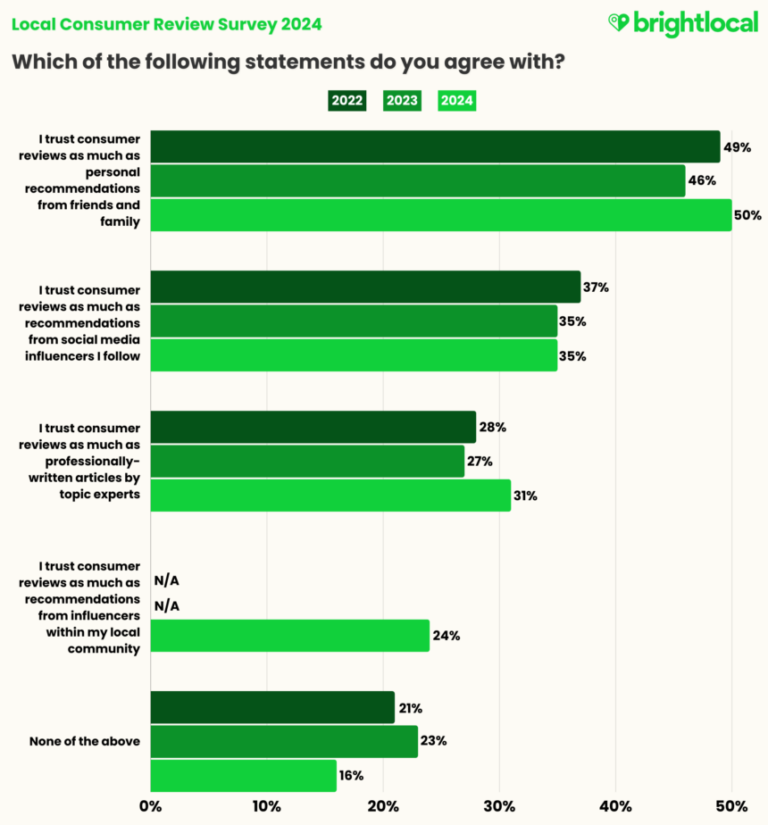
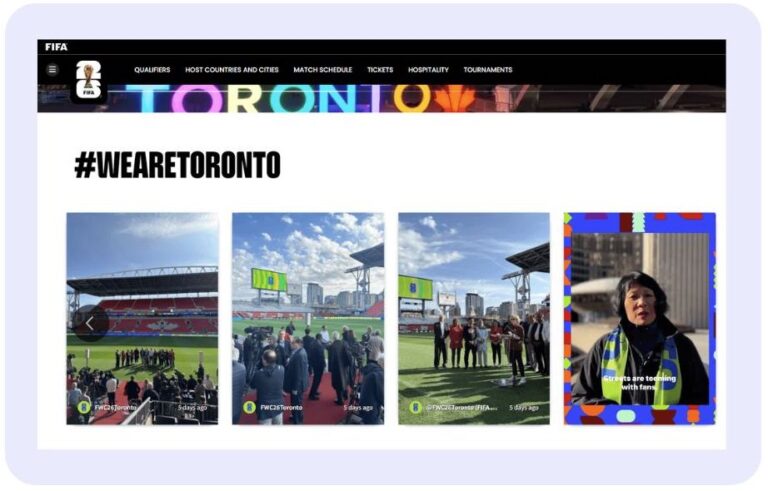
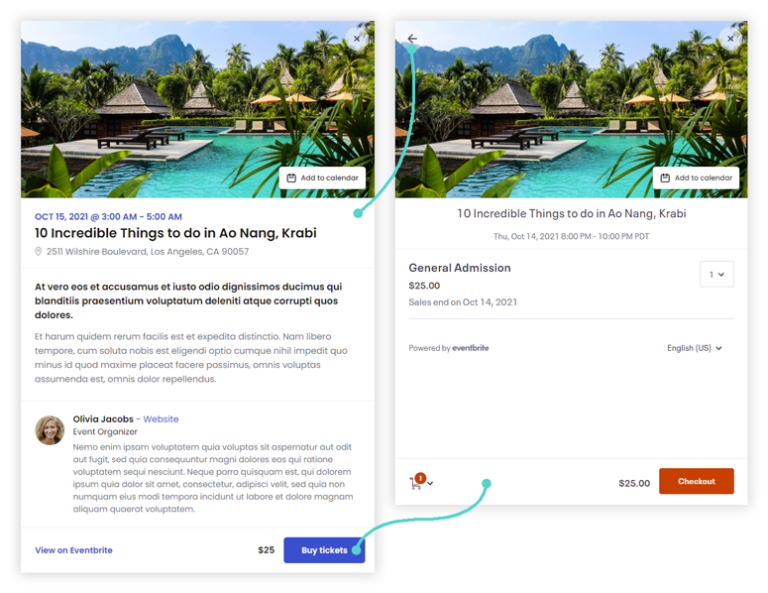
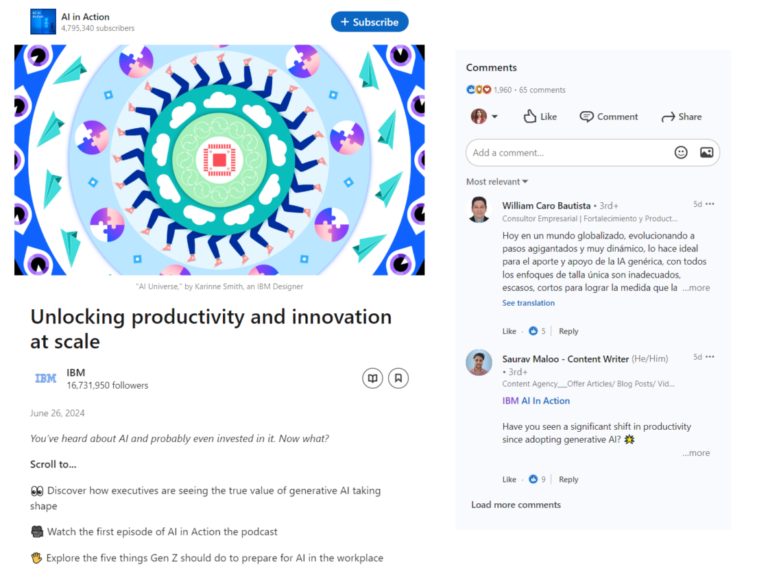
![Embed Instagram Stories on Your Website [Full Guide]](https://cssamsu.org/wp-content/uploads/2024/06/embed-instagram-stories-on-your-website-full-guide-52-768x396.png)
